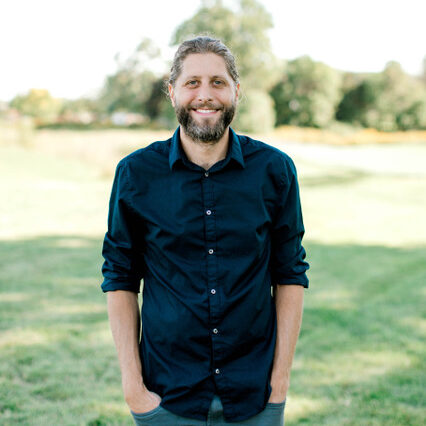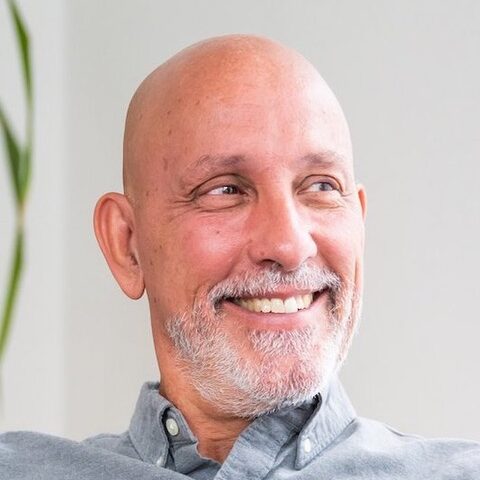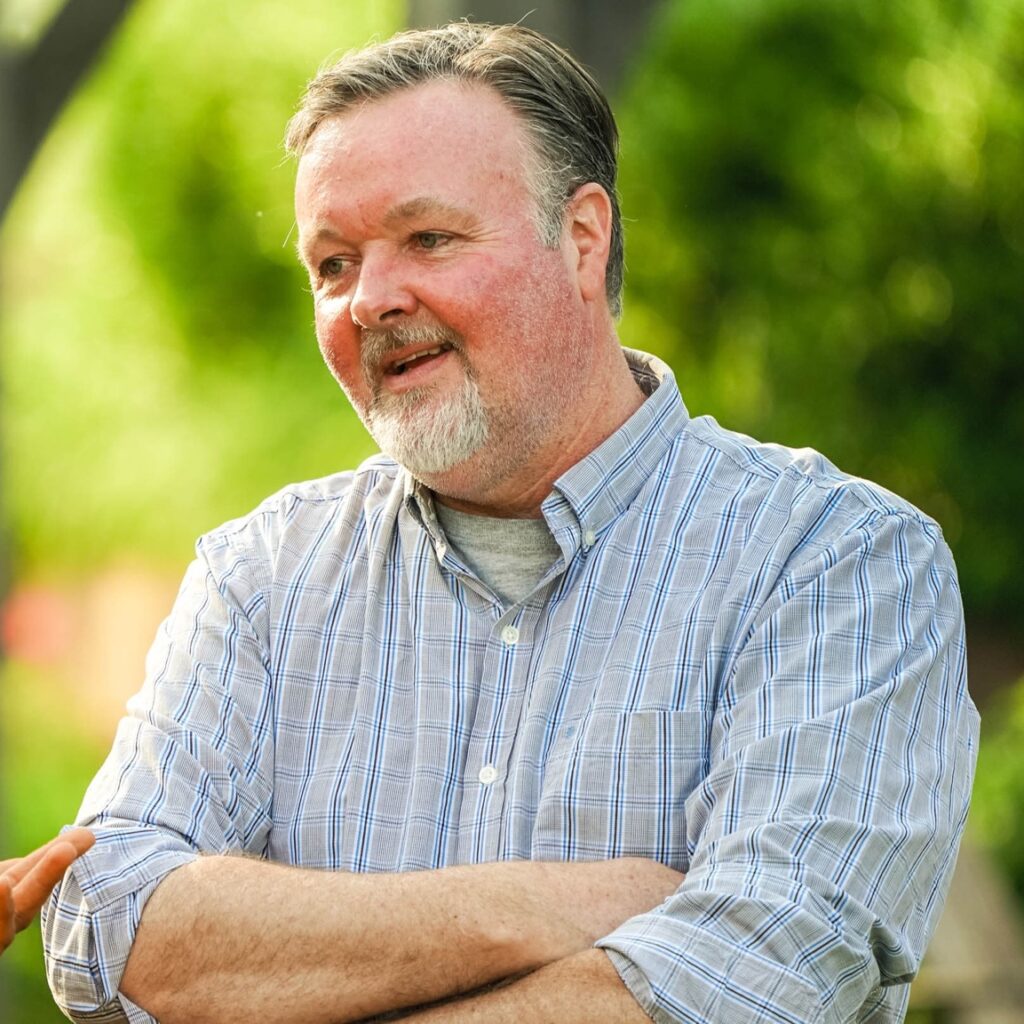Master of Arts in Missional Theology
Master of Arts in Missional Theology
Available only through our Phoenix campus, the Master of Arts in Missional Theology (MAMT) degree equips pastors and ministry leaders already serving in the American Southwest.
What Is an MAMT?
A Master of Arts in Missional Theology (MAMT) degree equips leaders with a rich theological understanding of Christian mission and ministry. This reduced-cost 48-credit degree is available to pastors and ministry leaders who are committed to four years of in person studies in Tempe (metro Phoenix), Arizona.
Phoenix Campus
The Missional Training Center, the MAMT degree-granting site of Calvin Theological Seminary, is located near Phoenix, Arizona. The Missional Training Center maintains its own staff and operates under the supervision of Calvin Seminary.
Benefits of the mamt
learn in a cohort
Build community as you study in a consistent cohort of 11 to 17 fellow students for all four years of your program.
Seminary in a home
Courses include seminars, lectures, and group discussion. Our unique classroom is a living room in a comfortable home setting.
Intentional Timing
Even if you’re busy, an MAMT is still possible. Course schedules are designed for leaders who work full-time and often have families and/or community commitments. Courses are only offered at a half-time pace, creating a program length of four years.
Additional Benefits
Learn in the Southwest
The MAMT is offered exclusively through the Missional Training Center (MTC) in Phoenix, Arizona, an extension site of Calvin Theological Seminary.
Theology in Community
Learn alongside other active church leaders and under the guidance of Dr. David Beldman, Dr. Mark Ryan, and the training center’s theological director, Dr. Michael Goheen.
Ministry as Curriculum
Discover biblical studies, church history, and theology courses with direct impact in the context of your local church and ministry.
Content and Delivery
The Master of Arts in Missional Theology program is 48 credit hours. This degree must be pursued in residence in Phoenix, Arizona. Students are required to commit to a four-year study program so that they may be a part of a consistent cohort throughout their curriculum. Local church ministry is also a required part of the program.
How to Apply
All applicants must submit an interest form through the Missional Training Center. Please know that MTC requires full-time residence in Phoenix, AZ to be accepted into the four year program.
Missional Training Center Professors

David Beldman
Professor of Old Testament, Missional Training Center - Phoenix

Michael W. Goheen
Professor of Missional Theology, Director of Theological Education, Missional Training Center - Phoenix

Mark Ryan
Associate Professor of Congregational Theology and Cultural Apologetics, Missional Training Center - Phoenix
How to Apply
All applicants must submit an interest form through the Missional Training Center. Please know that MTC requires full-time residence in Phoenix, AZ to be accepted into the four year program.
